Minirin
✅ Controls bedwetting
✅ Treats diabetes insipidus
✅ Manages excessive thirst
✅ Reduces urination frequency
✅ Prevents dehydration
Minirin contains Desmopressin.
Product Overview
Minirin is a medication containing the active ingredient Desmopressin. It is a synthetic form of vasopressin, a hormone produced naturally by the body. Minirin is available in various formulations, including tablets, nasal spray, and injection, and is used to treat conditions such as diabetes insipidus, nocturnal enuresis (bedwetting), and von Willebrand disease. Desmopressin works by increasing water reabsorption in the kidneys, reducing urine output and increasing urine concentration.
Uses
Minirin is prescribed for various medical conditions, including central diabetes insipidus, a rare disorder characterized by excessive thirst and urination due to a deficiency of vasopressin. It is also used to treat nocturnal enuresis in children and adults, helping to reduce the frequency of bedwetting episodes during sleep. In addition, Minirin is indicated for the treatment of von Willebrand disease, a bleeding disorder caused by a deficiency or dysfunction of von Willebrand factor.
How to Use
The method of administration and dosage of Minirin depend on the formulation and the condition being treated. For central diabetes insipidus, it tablets are usually taken orally once or twice daily, as directed by your doctor. The nasal spray formulation is used for the treatment of nocturnal enuresis and is administered into the nostrils before bedtime. For von Willebrand disease, it may be given by injection under the skin or into a vein. Follow your doctor’s instructions carefully regarding the use and dosage of Minirin.
How it Works
Desmopressin, the active ingredient in Minirin, acts on the kidneys to increase water reabsorption, leading to a reduction in urine output and an increase in urine concentration. By mimicking the action of vasopressin, Desmopressin helps to regulate fluid balance in the body and prevent excessive urination. In patients with diabetes insipidus, Desmopressin replaces the deficient vasopressin, reducing symptoms of polyuria (excessive urination) and polydipsia (excessive thirst).
Dosage and Administration
The dosage of Minirin varies depending on the patient’s age, weight, and medical condition. It is important to follow the prescribed dosage and administration instructions provided by your doctor. Do not exceed the recommended dose or frequency of administration, as this can increase the risk of side effects. If you miss a dose of Minirin, take it as soon as you remember, unless it is almost time for your next scheduled dose. In that case, skip the missed dose and continue with your regular dosing schedule.
Benefits
Minirin offers several benefits for patients with conditions such as diabetes insipidus, bedwetting, and von Willebrand disease. By reducing urine output and increasing urine concentration, it helps to alleviate symptoms of excessive thirst and urination in patients with diabetes insipidus. It also provides effective management of bedwetting episodes, improving quality of life for children and adults. In patients with von Willebrand disease, it helps to promote clotting and reduce the risk of excessive bleeding during surgery or injury.
Common Side Effects
Common side effects of Minirin may include headache, nausea, abdominal pain, and nasal congestion (with nasal spray). These side effects are usually mild and temporary, but if they persist or worsen, contact your doctor for further guidance. In rare cases, it may cause more serious side effects such as hyponatremia (low sodium levels), fluid retention, or allergic reactions. Seek medical attention immediately if you experience any severe or persistent side effects while taking Minirin.
Warnings
Before using it, inform your doctor if you have any medical conditions, especially kidney disease, heart disease, or high blood pressure. It is also important to disclose any medications you are currently taking, including prescription drugs, over-the-counter medications, and herbal supplements, as they may interact with it. Avoid drinking excessive fluids while taking it, as this can increase the risk of water retention and hyponatremia.
Storage Information
Store these tablets at room temperature away from moisture and heat. Keep the medication out of reach of children and pets. The nasal spray should be stored upright at room temperature, and the injection should be stored in the refrigerator but not frozen. Discard any unused or expired medication according to local regulations.
Disclaimer:
Our sole intention is to ensure that its consumers get information that is expert-reviewed, accurate and trustworthy. However, the information contained herein should NOT be used as a substitute for the advice of a qualified physician. The information provided here is for informational purposes only. This may not cover all possible side effects, drug interactions or warnings or alerts. Please consult your doctor and discuss all your queries related to any disease or medicine. We intend to support, not replace, the doctor-patient relationship.
| Strength | 0.1 mg |
|---|---|
| Quantity | 30 Tablet/s, 60 Tablet/s, 90 Tablet/s, 180 Tablet/s |




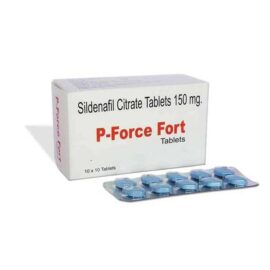
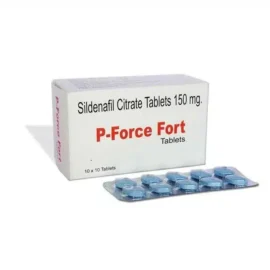
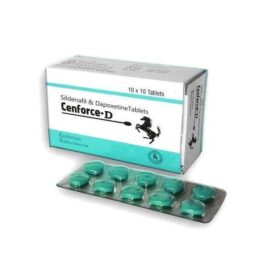
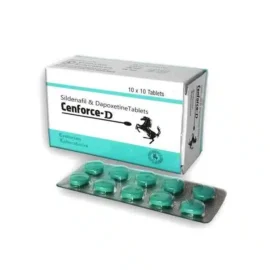
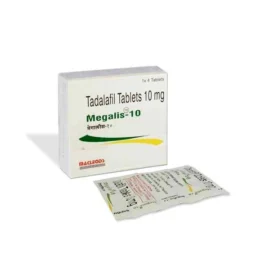

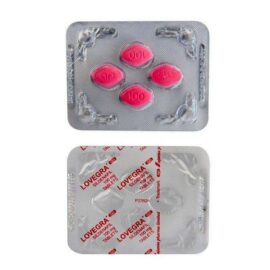
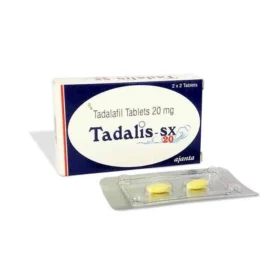
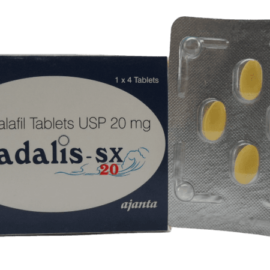
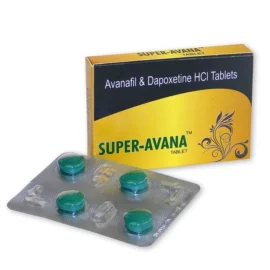

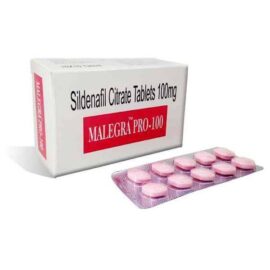
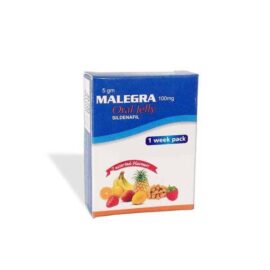
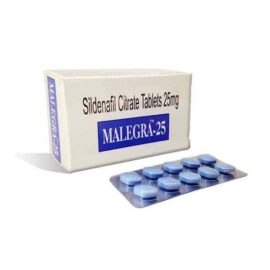
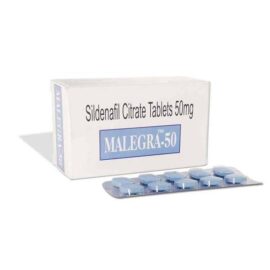
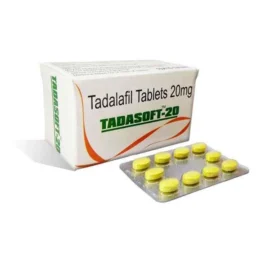
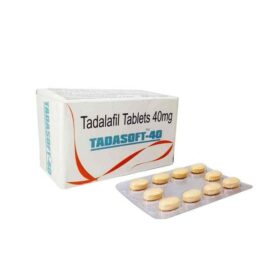
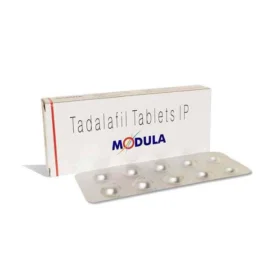
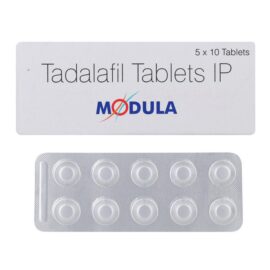
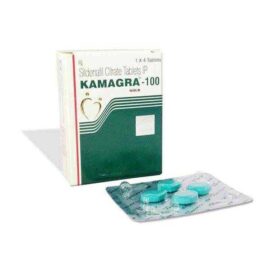

Reviews
There are no reviews yet.